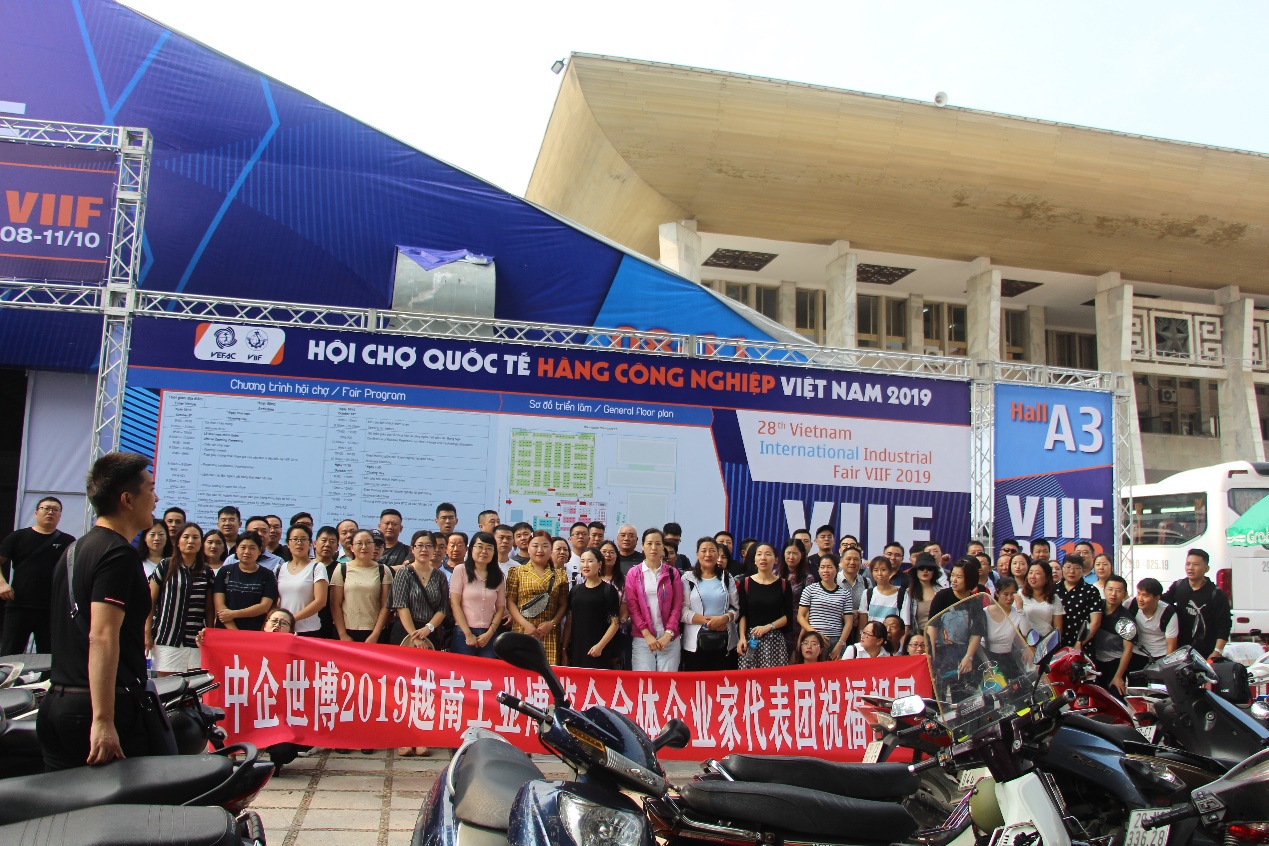High-Efficiency Industrial Hot Water Boiler Solutions for Optimal Performance and Reliability
Industrial Hot Water Boiler An Overview
In the realm of industrial heating solutions, hot water boilers play a pivotal role. These systems are designed to provide efficient heating for various applications across industries such as manufacturing, food processing, and even chemical production. Unlike steam boilers, which produce steam for power generation and heating, hot water boilers generate high-temperature water for direct use in processes or for space heating. This article delves into the importance, functionality, and types of industrial hot water boilers, providing a comprehensive overview for potential users and decision-makers in the industrial sector.
Importance of Industrial Hot Water Boilers
The significance of industrial hot water boilers cannot be overstated. These systems are essential for maintaining optimal operating conditions in various industrial processes. In sectors like food processing, hot water is crucial for cleaning and sanitization purposes. In manufacturing, it is often used to provide heat for pressing, molding, or curing materials. Moreover, industrial hot water boilers help meet regulatory requirements by ensuring that processes are carried out at the correct temperatures, thereby improving product quality and safety.
How Hot Water Boilers Work
Industrial hot water boilers operate on a straightforward principle they heat water using fossil fuels, electricity, or biomass. The water is heated in a closed system and circulated through pipes to provide heat to designated areas or machinery.
Key components of a hot water boiler include
1. Burner The burner is where the fuel is mixed with air and ignited to produce heat. 2. Heat Exchanger This component transfers heat from the burner to the water. It is crucial for maximizing efficiency. 3. Pump A pump circulates the heated water through the system, maintaining pressure and flow rate. 4. Controls Modern hot water boilers are equipped with sophisticated controls that monitor temperature, pressure, and flow, allowing for precise operation and energy savings.
The efficiency of a hot water boiler is measured by its thermal efficiency rating, which compares the amount of energy used to the energy produced. High-efficiency boilers not only reduce operational costs but also lower greenhouse gas emissions, making them an environmentally friendly option.
industrial hot water boiler product

Types of Industrial Hot Water Boilers
Industrial hot water boilers come in various types to suit different operational needs. The most common types include
1. Fire-Tube Boilers In these systems, hot gases pass through tubes immersed in water. They are generally easier to maintain and robust in design, making them suitable for various industries.
2. Water-Tube Boilers In contrast, water-tube boilers contain water-filled tubes that are heated by external combustion gases. They can operate at higher pressures and are often used in large-scale operations.
3. Electric Boilers Electric hot water boilers are becoming increasingly popular due to their low emissions and high efficiency. They are ideal for small to medium-sized enterprises where electricity is readily available.
4. Condensing Boilers These units utilize the heat from flue gases to preheat incoming water, significantly improving efficiency. They are suited for industries looking to minimize their carbon footprint.
Conclusion
As industries continue to evolve, the demand for efficient heating solutions remains paramount. Industrial hot water boilers are integral to this sector, providing the necessary heat for a multitude of applications. Understanding the various types, their operational principles, and the benefits they offer can significantly aid businesses in making informed decisions about their heating needs. Investing in the right hot water boiler not only enhances productivity and operational efficacy but also contributes to energy conservation and environmental sustainability. Businesses looking to optimize their heating processes should consider these systems as a viable option to meet their industrial heating requirements.
-
Advanced Electric Steam Boiler Manufacturers | GPT-4 Turbo AINewsAug.01,2025
-
Custom Steam Boilers Manufacturer | AI-Enhanced EfficiencyNewsJul.31,2025
-
Top Electric Steam Boiler Makers | AI-OptimizedNewsJul.31,2025
-
Top Electric Steam Boiler Manufacturers - High Efficiency SolutionsNewsJul.30,2025
-
Top Electric Steam Boiler Manufacturers – Efficient Industrial SolutionsNewsJul.29,2025
-
Top Electric Steam Boiler Manufacturers | Reliable Industrial SolutionsNewsJul.29,2025

